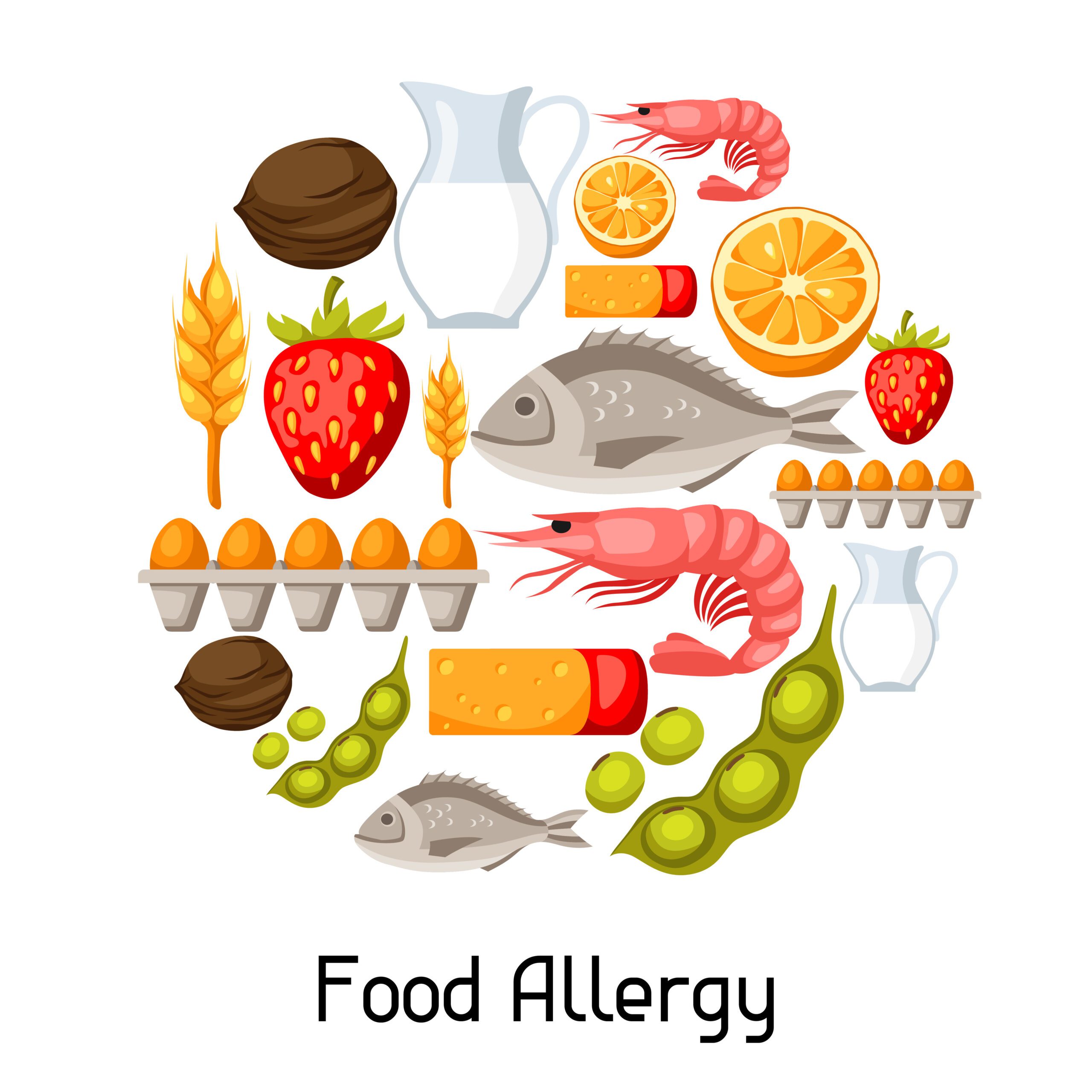
Are you living with one or more food allergies? You’re not alone! Over 12 million Americans have food allergies, according to the American Academy of Allergy, Asthma and Immunology. Out of those people, 6.9 are allergic to seafood and 3.3 million are allergic to peanuts and/or tree nuts. Other foods that commonly lead to allergies include eggs, milk, soy products, and wheat. Food allergy symptoms can range in severity from a rash or cough to anaphylaxis, an intense allergic reaction that leads to inflammation and, in extreme cases, death.
A food allergy should never be taken lightly, but it doesn’t have to take over your life. Take these precautions to reduce your likelihood of accidental exposure.
Let friends and family know. If someone close to you is still unaware of your food allergy, make certain that they know so they don’t accidentally expose you to an allergen. Before you go over to someone’s house for a picnic or dinner, be sure that they are aware that you are allergic. If that’s not practical, casually inquire about the food before it is served and slip a mention of your allergies into the conversation. When all else fails, eyeball your food closely and avoid things that look questionable, such as desserts.
Get tested. You may know that you are allergic to peanut butter, for example, but you may not know how allergic you are to peanuts. Some people can tolerate products made with trace amounts of peanuts, while others will have some sort of reaction to any quantity. Also, be aware that if you are allergic to one food, you may be allergic to others. People who are allergic to cantaloupe, for example, are likely to also be allergic to watermelon and avocado. Discuss your food allergies with your doctor, who will likely conduct allergy tests to reveal the other things related to your known food triggers that could also produce allergic reactions.
Be prepared for an attack. Accidents do happen, and the only way to decrease the severity of your symptoms is to carry an Epipen, a prescription auto-injector filled with epinephrine. Make sure that you know how to use it properly.

A new study suggests that a widely used sugar substitute found in diet sodas, chewing gum, and low-sugar yogurt may elevate insulin levels. This could increase the long-term risk of heart disease. “Artificial sweeteners have infiltrated nearly all types of food, making it crucial to understand their long-term health effects,” said Yihai Cao, senior author […]

Diet Coke has long been a fan-favorite among soda lovers who want a fizzy, guilt-free alternative to traditional soft drinks. While its zero-calorie, zero-sugar label makes it seem like a healthier option, the reality is far more concerning. Despite its undeniable popularity, Diet Coke’s nutritional profile has raised red flags among health experts for years. […]

New study shows that embracing an anti-inflammatory, plant-forward diet can support cognitive function and help reduce the risk of dementia. What You Eat Shapes Your Brain The food you eat doesn’t just impact your body—it also affects your brain. Research suggests that eating an anti-inflammatory, plant-based diet can help improve memory, focus, and overall brain […]